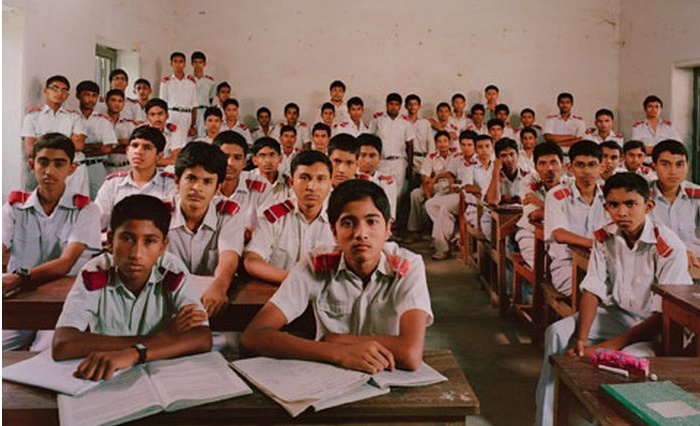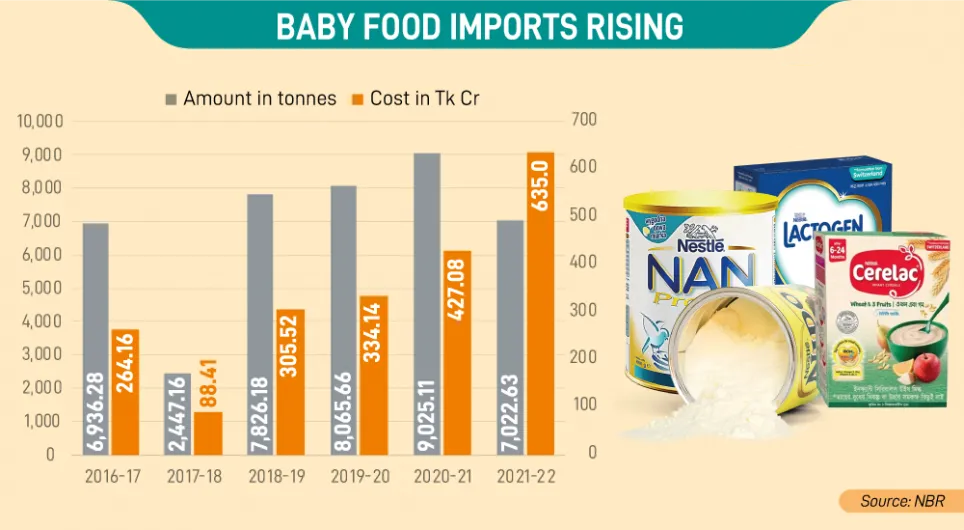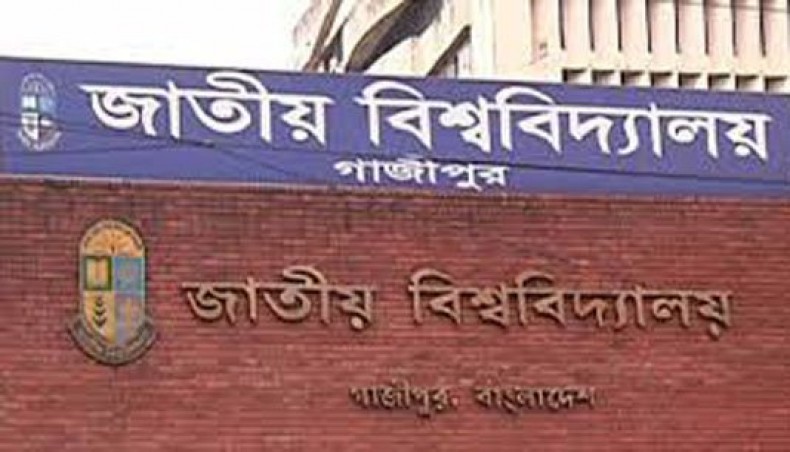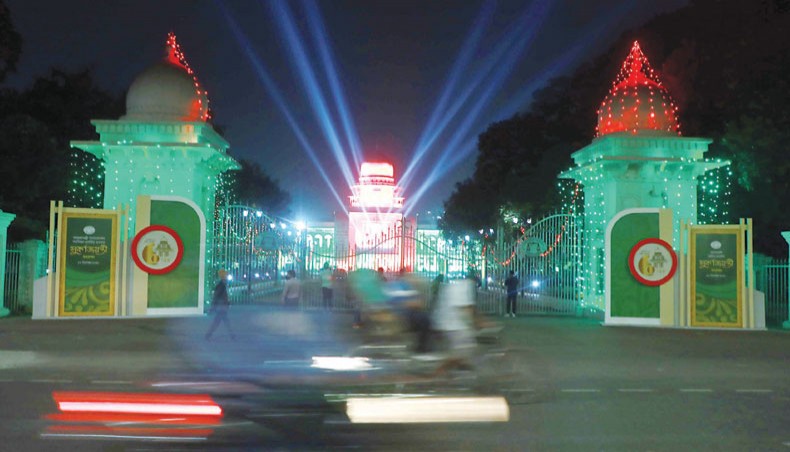The COVID-19 outbreak has badly affected the country’s education sector, which has been undergoing various problems for years, hampering the academic life of an estimated 4.18 crore students and hitting hard the livelihood of thousands of teachers, according to government and other studies.
After the educational institutions were closed on March 16 due to the outbreak, ad hoc government measures to facilitate the education of students at home through TV and radio broadcasts and online classes could not reach an estimated 90 lakh students, said studies and researchers.
Such remote classes have widened the discrimination among the students, a burning problem of the country’s education system, as most students from poor families or in remote areas remained out of the coverage of the TV broadcasts or online classes, they said.
Many teachers of non-government schools, colleges, madrassahs and universities lost their jobs or received partial salaries as owners of these institutions claimed that they could not continue paying teachers and employees as they did not get tuition fees regularly.
Due to the COVID-19 crisis, the government had to cancel the scheduled Higher Secondary Certificate, Junior School Certificate and Primary Education Completion examinations.
‘The education sector, which has been facing various problems for lack of planning and interventions, is now in an absolute mess due to the COVID-19 outbreak,’ Dhaka University retired professor Abul Kashem Fazlul Haque said.
It is really surprising that the government did not disclose any assessment of the losses in the education sector and any time-bound recovery plan though nine months have already passed since the institutions were shut, Abul Kashem said.
‘Not even we saw any discussion in the Jatiya Sangsad on the issue. This indicates that politicians themselves bother little about education rather depend on donors and NGOs for the sector, who would never help develop an inclusive and discrimination-free worthy education sector,’ he added.
As the required facilities were not developed to enable all students to access the remote classes in the nine months, those students who remained out of touch with the regular studies might drop out or face difficulties adapting to new classes, educationists said.
They said that even those who had access to such remote classes could not learn properly for lack of sufficient technical facilities and knowledge of participating in such classes, and this situation might raise the rate of child marriage, child labour and various other social problems.
The government, under pressure, however, has allowed the qawmi madrassahs to operate since last August and the British Council to hold the O-Level and A-level exams on conditions, they said.
Bangladesh University of Engineering and Technology professor Mohammad Kaykobad criticised the government for being very late in addressing the problems and its failure to control everything as desired.
‘We did not see the expected seriousness from the government until June as it failed to realise the consequences. It rather tried to demonstrate with flawed data that their ad hoc programmes were very effective,’ Kaykobad said.
It was only in November, he said, that the government decided to give assignments to the students so that they remained engaged in studies, which could have been done six months earlier.
‘And we were surprised to see that the government did not allocate any special fund for recovering from the setbacks while announcing the 2020–21 budget,’ he added.
In the current fiscal year, the government allocated Tk 66,401 crore or 11.69 per cent of the national budget for the education sector whereas the figure was 11.84 per cent in the 2019–20 revised budget.
The COVID-19 Response and Recovery Plan for the Education Sector, prepared by the primary education ministry for seeking financial aid from donors, admits that the dropout rates at the primary and secondary levels will increase, especially among the girls and children from socio-economically disadvantaged families.
The dropout rate at the primary level is around 18 per cent and at the secondary level around 35 per cent, the plan states.
Currently, it reads, around 56 per cent households have access to television while 5.6 per cent to a computer, with 37.6 per cent enjoying access to the Internet.
A joint study carried out by the government’s Access to Information Programme and UNICEF in October revealed that the academic life of all the 4.18 crore students of the country from the primary to university levels were affected by the COVID-19 outbreak.
The study showed that an estimated 3.6 crore students, who had access to online classes or the TV broadcasts, could not learn their lessons properly for lack of devices and Internet connectivity and training of teachers in conducting such classes.
It predicted t















